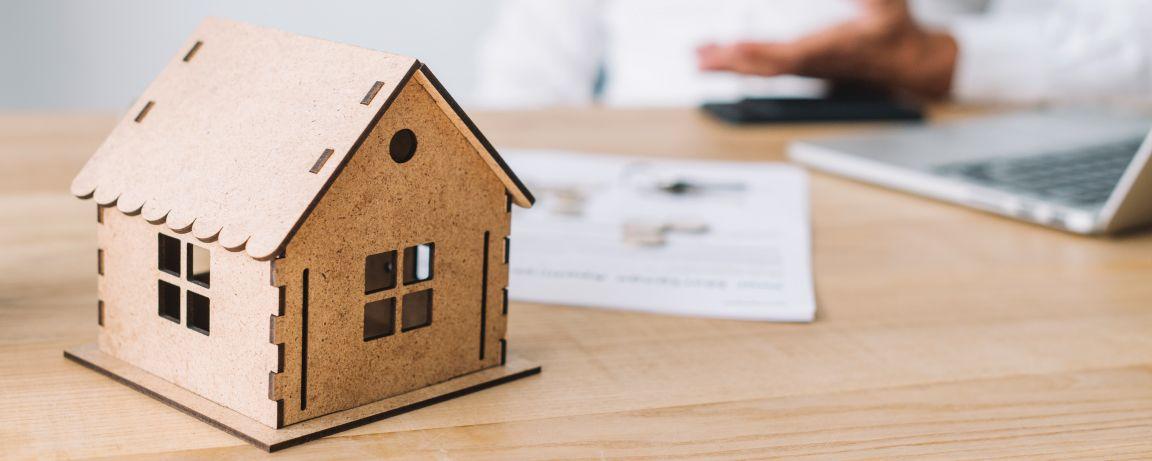10 Basic Terms You Should Know Before Buying a Property in India
Buying a property is possibly one of the most significant financial investments in ones’ life. Not only does the purchase of property involve a hefty sum of money, but it is also an investment that is more or less permanent, and hence irreversible to a large extent. As you can guess, this makes the purchase even more crucial. To better understand the nuances related to buying a home or office, you must first be acquainted with some specific terms pertaining to the process.
1. Carpet Area
It is that area of a residential property that you can use to move around or to lay carpet. Hence, it only includes the area within the walls. This area consists of the space dedicated to terrace as well as the balcony. However, it excludes the areas which cannot be used as open spaces, such as the lobby, stairs, lift, and so on.
2. Built-up Area
As the name suggests, built-up area refers to the entire periphery of the property, including the thickness of the outer as well as inner walls, the carpet area as well as the area covered by balcony and terrace. However, like in the case of carpet area, built up area does not include the lobby, stairs, lift, and so forth.
3. Super Built-Up Area
The super built up area comprises of the entire extent of the house, i.e., built-up area along with other usable areas such as corridors, lobbies, stairs, lifts, and so on. In case of apartment buildings, the common spaces such as lifts and hallways are divided proportionately amongst flat owners.
4. Per Square Foot Rate
When it comes to sell or purchase of the property, the deciding unit for the price is ‘square foot’, hence the term per square foot rate. While plots of land and bungalows can be easily measured in square feet area, the price for flats is determined on the basis of the super built-up area.
5. Floor Space Index (FSI)
Floor Space Index refers to the ratio of the total built-up area and the actual plot area as permitted by the government. The higher the FSI, the larger is the built-up area. Before finalising the sales deed, the developer must produce the FSI for the buyer.
6. Freehold Property
A property, the owner of which has full and unconditional ownership, is known as a freehold property. This term is usually used in the context of the property, where the owner has complete rights over the land as well as the building that stands on the area.
7. Real Estate Broker
Also known as relators, real estate brokers are essentially the specialists who help the seller of a property find some potential buyers and vice versa. It is the responsibility of the broker to mediate between the seller and the buyer, during the process of purchase of a commercial, residential or industrial property. The broker usually takes a percentage of the agreed price of the property as their fee.
8. Home Loan
This is a loan that is offered by banks, non-banking financial institutions and housing finance corporations as well as online lenders to buyers who wish to purchase a residential property but do not have sufficient money to do so. A person applying for a Home Loan offer must repay it in the form of Equated Monthly Instalments or EMIs, over an agreed period, which usually spans anywhere between 5 to 30 years.
A Home Loan is usually taken to
- Buy a residential property currently under construction
- Purchase a ready-made residential property
- Buy a plot in a private development
- Construct a new property to be used as a house
- Purchase a plot with the aim of construction of a home
9. Loan Term
Loan term refers to the tenure through which you plan to repay your loan in the form of EMIs. In case you opt for short duration Home Loans, you will be required to pay higher EMIs. However, this will considerably reduce the interest rates, thus helping you save a better part of your hard earned money.
On the contrary, a long-term loan will need you to pay lower EMIs but will increase the interest rate significantly, thus requiring you to shell out a more considerable sum of money eventually. Of course, there will be other factors, such as the type of Home Loan, the amount and your repaying capacity that will have a direct effect on the rates.
10. Credit History
If you have a record of repaying your Credit Card bills, loans, and other debts well within time, your credit history will reflect the same. This will result in a high credit score of above 650 for you. A good score will ensure lower rates on your Home Loan and quick approval of the same. On the other hand, an unsatisfactory rating ca.n, in some cases, lead to the Home Loan application rejection
If you have been contemplating buying a new home, we believe you are well prepared to find a Home Loan that suits your needs. Don’t know where to look at? Well, you can start by typing ‘Best Lenders for Home Loans’! Or you can apply online conveniently through MyMoneyMantra.

